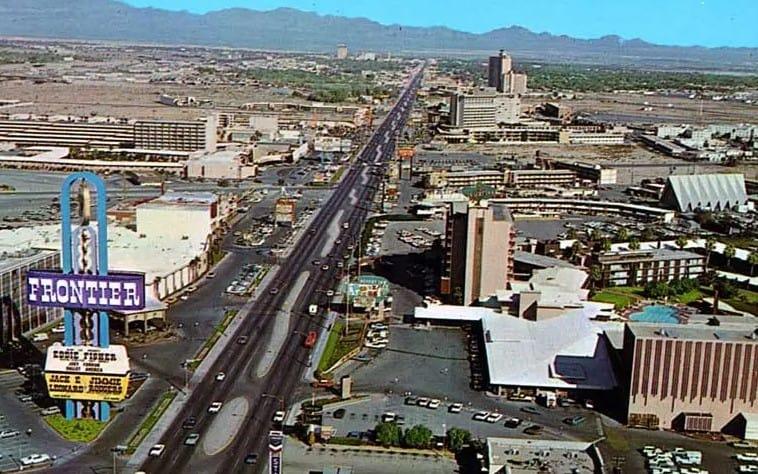
The People Who Made Las Vegas: A Look into the Iconic Figures of Sin City
Renowned as the entertainment capital of the world, Las Vegas beckons with its dazzling lights, opulent hotels, and lively casinos. However, beneath its modern façade lies a rich history interwoven with the tales of individuals whose influence has been instrumental in molding this vibrant city.
How Gambling Changed the Game:
In the early 1900s, Las Vegas was a modest railroad town until the pivotal moment in 1931 when gambling was legalized, heralding a transformative era for the city.
The People Who Shaped Las Vegas:
Bugsy Siegel – The Father of Las Vegas:
Bugsy Siegel, a notorious gangster, left an indelible mark by constructing the Flamingo Hotel and Casino. His vision set the standard for luxury, though his life met a tragic end through assassination in 1947.
The Rat Pack – Legends of Las Vegas:
Frank Sinatra, Dean Martin, and Sammy Davis Jr., known as the Rat Pack, enriched Las Vegas with their musical prowess and celebrity allure. Regular performances at the Sands Hotel and Casino solidified the city’s reputation as an entertainment hub.
Howard Hughes – The Eccentric Billionaire:
Billionaire entrepreneur Howard Hughes made his mark through acquisitions, including the Desert Inn, Sands, and Frontier. Despite idiosyncrasies, Hughes significantly contributed to the city’s development.
Steve Wynn – The Visionary:
Entrepreneur and art collector Steve Wynn’s influence materialized in luxurious resorts such as the Mirage, Bellagio, and Wynn Las Vegas. His vision revitalized the downtown area, drawing more visitors to the city.
Wayne Newton – Mr. Las Vegas:
An icon since the 1960s, Wayne Newton, known as “Mr. Las Vegas,” epitomizes the city’s entertainment scene. With performances at iconic venues like the Stardust and MGM Grand, Newton’s legacy is integral to Las Vegas.
Elvis Presley – The King of Rock and Roll:
Elvis Presley’s 1970s performances at the International Hotel solidified Las Vegas as a live entertainment hub. The King of Rock and Roll significantly contributed to the city’s cultural identity.
As Las Vegas continually reinvents itself, the city’s identity remains deeply intertwined with the legacies of these iconic figures. From Bugsy Siegel’s opulence to Elvis Presley’s cultural impact, their stories resonate through the entertainment and hospitality industries, shaping Las Vegas into the vibrant destination it is today.
What Happened in Vegas:
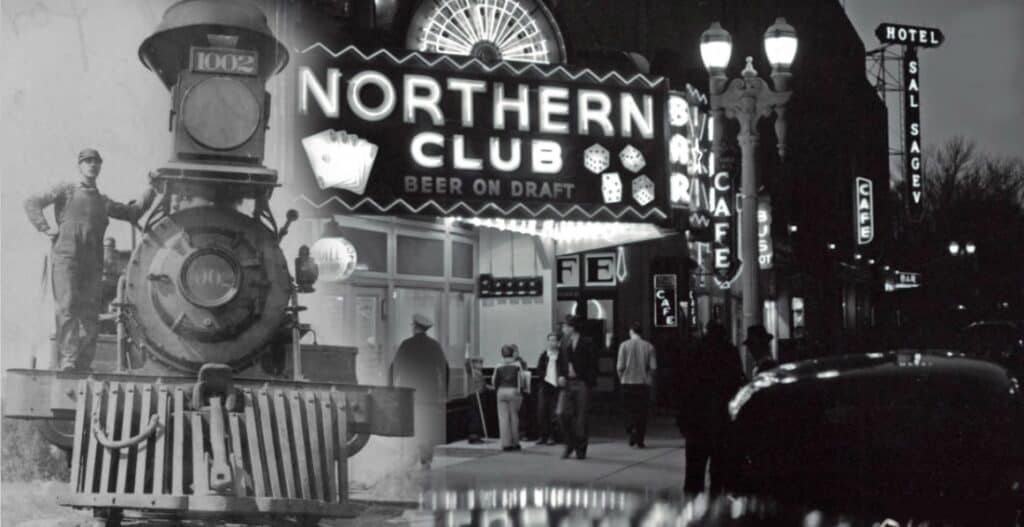
Las Vegas History: Railroad Development Paved the Way for Las Vegas to Become the Gambling Capital of the World
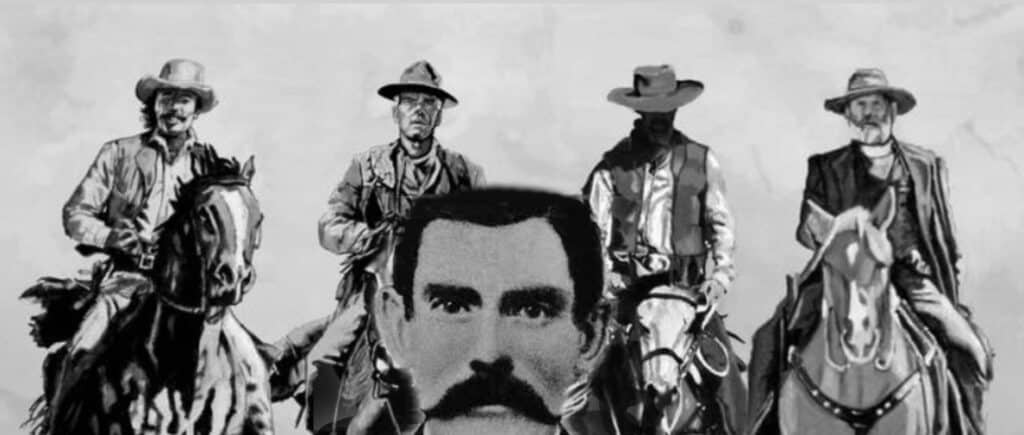
Las Vegas History: Doc Holliday Famous Gambler Gunslinger and Resident of Las Vegas
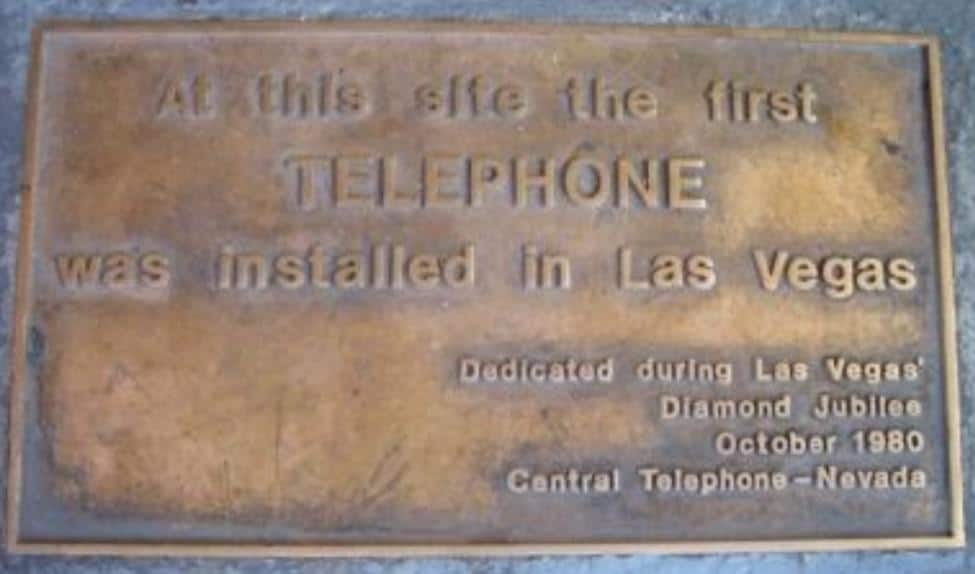
Las Vegas History: How Las Vegas’ First Telephone Exchange Made Bugsy Siegel’s Race Wire Possible

Las Vegas History: The Official Naming of Las Vegas 1905
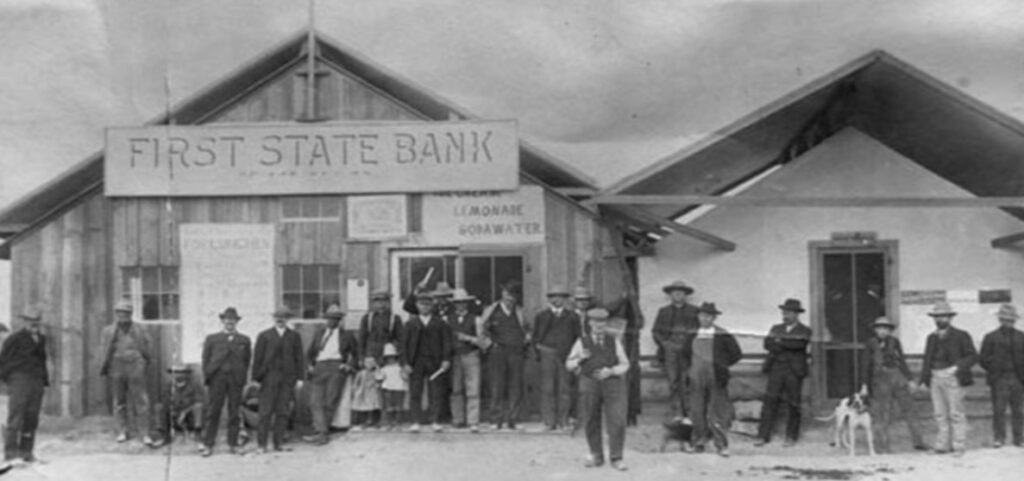
Las Vegas History: 1864 Las Vegas The Impact of Nevada Statehood
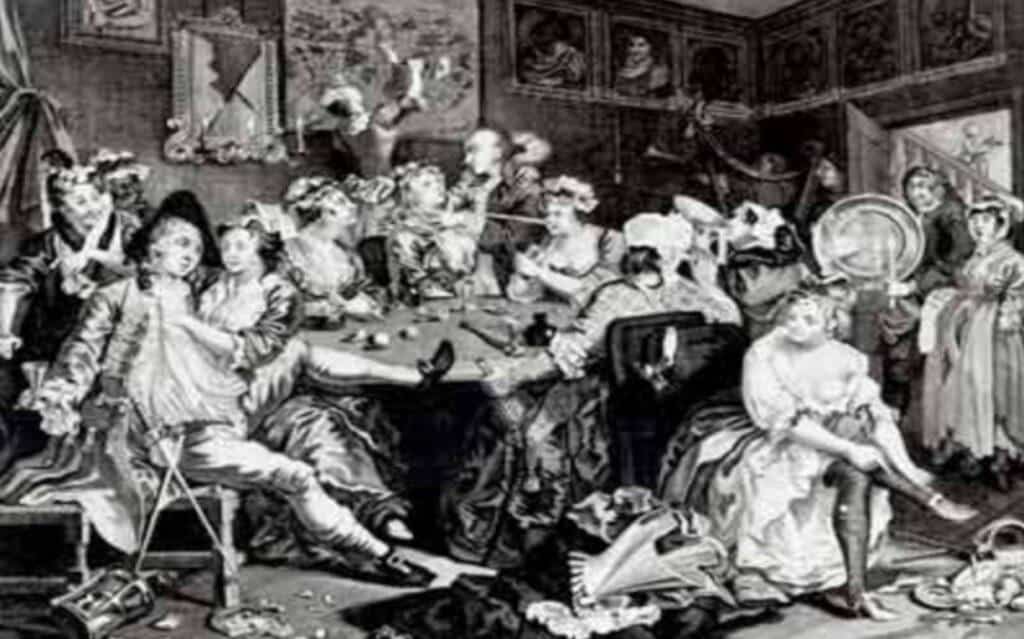
Las Vegas History: Las Vegas and It’s Vices in the 1850s
Frequently Asked Questions (FAQs):
1. Who was Bugsy Siegel, and what role did he play in shaping Las Vegas?
Bugsy Siegel was a notorious gangster who played a pivotal role in transforming Las Vegas into a gambling and entertainment hub. He is renowned for building the iconic Flamingo Hotel and Casino, setting new standards of luxury.
2. What is the significance of the Rat Pack in Las Vegas’s entertainment history?
The Rat Pack, comprising Frank Sinatra, Dean Martin, and Sammy Davis Jr., were legendary entertainers who regularly performed at the Sands Hotel and Casino. Their contributions solidified Las Vegas’s reputation as a global entertainment destination.
3. How did Howard Hughes contribute to the development of Las Vegas?
Howard Hughes, a billionaire entrepreneur, significantly influenced Las Vegas by acquiring prominent hotels like the Desert Inn, Sands, and Frontier. Despite eccentricities, Hughes played a crucial role in shaping the city’s hospitality industry.
4. What is Steve Wynn’s legacy in Las Vegas, and what resorts did he build?
Steve Wynn, an entrepreneur and art collector, left a lasting impact by building luxurious resorts like the Mirage, Bellagio, and Wynn Las Vegas. His visionary contributions revitalized the downtown area and enhanced the city’s reputation for opulence.
5. Why is Wayne Newton known as “Mr. Las Vegas,” and what is his contribution to the city’s entertainment scene?
Wayne Newton, an iconic performer since the 1960s, earned the moniker “Mr. Las Vegas” for his enduring contributions to the city’s entertainment scene. His performances at renowned venues like the Stardust and MGM Grand solidified his status.
6. How did Elvis Presley contribute to Las Vegas’s cultural identity?
Elvis Presley, the King of Rock and Roll, played a pivotal role in shaping Las Vegas’s cultural identity with his performances at the International Hotel in the 1970s. His shows significantly impacted the city’s live entertainment scene.
7. What was Las Vegas like before the legalization of gambling in 1931?
Before the legalization of gambling in 1931, Las Vegas was a modest railroad town with limited prominence. The legalization marked a turning point that initiated the city’s transformation into a global entertainment destination.
8. How has Las Vegas evolved over the years, and what role has gambling played in its development?
Las Vegas has evolved from a small railroad town to the entertainment capital of the world. Gambling, legalized in 1931, played a crucial role in attracting tourists and shaping the city’s identity.
9. Are the contributions of these iconic figures still visible in modern-day Las Vegas?
Yes, the contributions of Bugsy Siegel, the Rat Pack, Howard Hughes, Steve Wynn, Wayne Newton, and Elvis Presley are still evident in modern-day Las Vegas through iconic landmarks, entertainment venues, and the city’s overall cultural identity.
10. How does Las Vegas continue to reinvent itself while preserving its rich history?
Las Vegas continually reinvents itself by embracing new entertainment trends, developing innovative resorts, and hosting diverse events. However, it also honors its rich history by preserving iconic landmarks and celebrating the legacies of influential figures.





